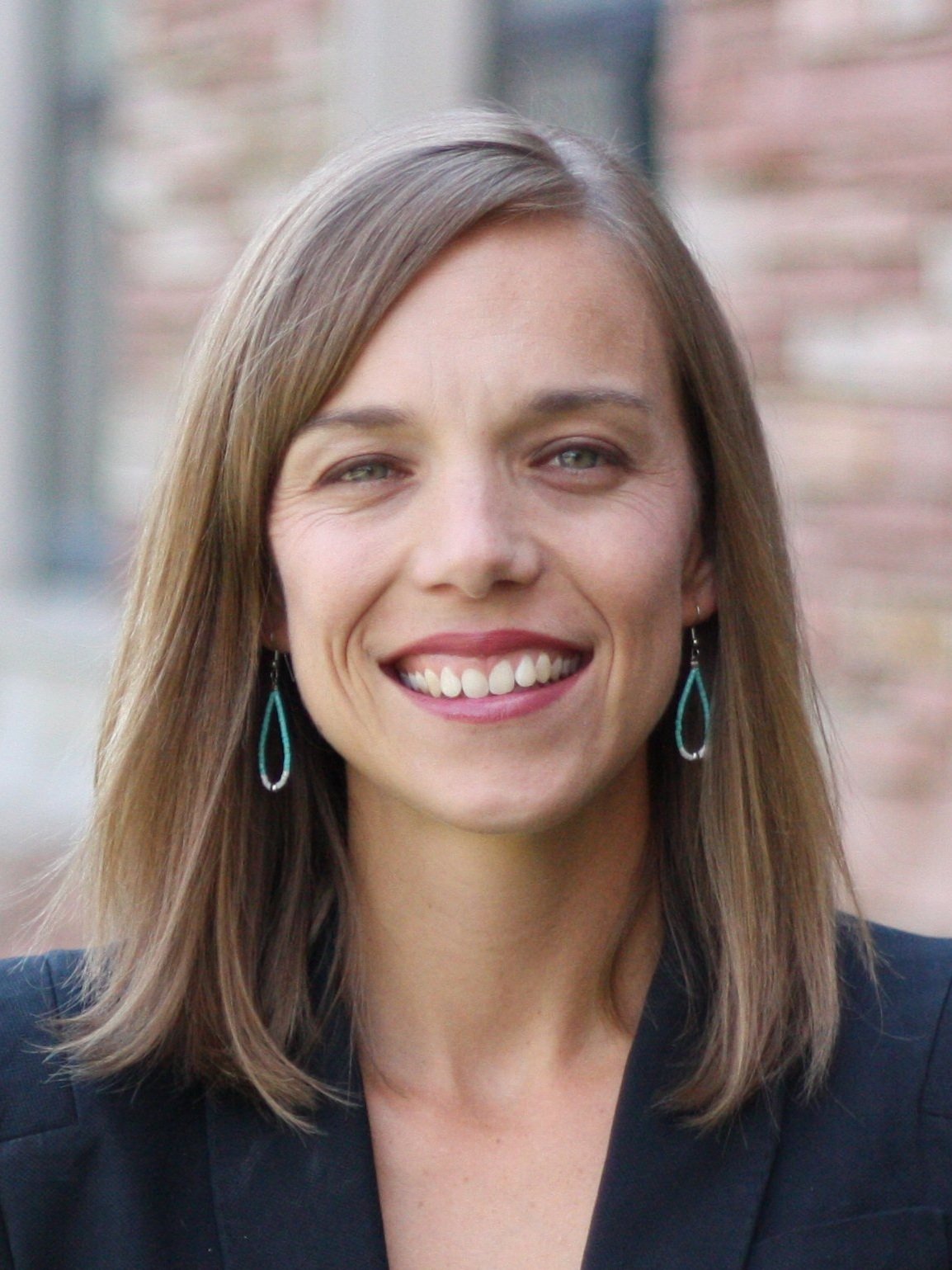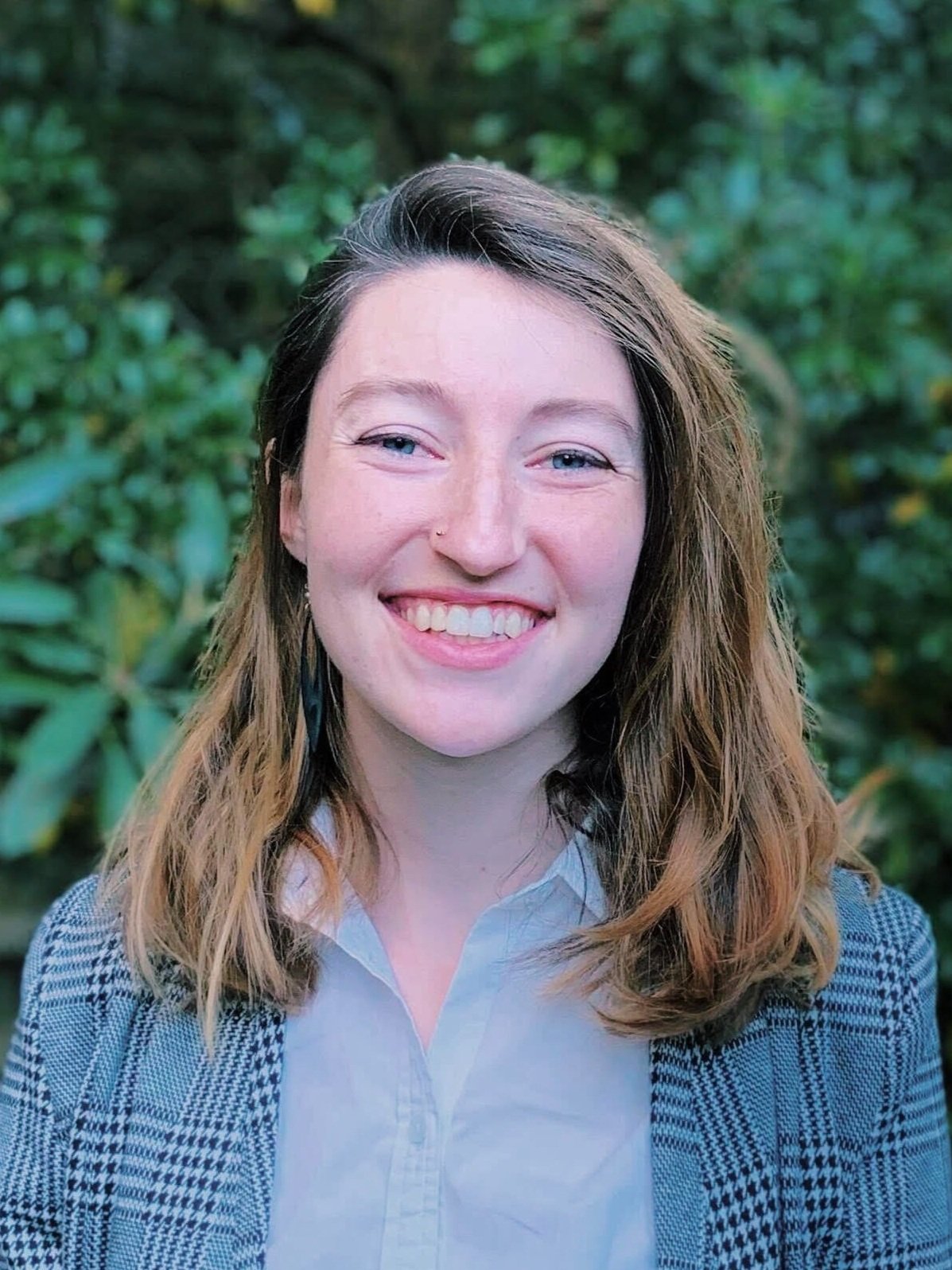Oil is already flowing through the Enbridge Line 3 tar sands pipeline, a project that has been subject to several years of protest, litigation, and opposition led by Indigenous Peoples and Indigenous-led organizations. Line 3, recently renamed “Line 93,” doubles the pipeline’s previous capacity, transporting 760,000 barrels of oil a day from Alberta, Canada, to Wisconsin – traveling through Anishinaabe territory in the process. Pipelines like Line 3 violate numerous rights of Indigenous Peoples as protected by international law, including the rights to free, prior, and informed consent (FPIC); health; culture; religion; security; and assembly. In particular, these pipelines threaten the quality of water needed for growing manoomin, or wild rice, a critical cultural resource for the Anishinaabe.
Line 3 is a $7 billion project funded by dozens of banks, largely through general corporate finance, as Enbridge did not seek specific project financing. According to the Sightline Institute, “If Enbridge lost access to its credit facilities or other financial services from major investment banks, the company…might have no choice but to abandon the Line 3 project outright.” Many of the institutions facilitating funding to Line 3 were also lead financiers of the Dakota Access Pipeline (DAPL), which was projected to cost $3.8 billion but ultimately incurred $7.5 billion in costs due to material social risks. Similar to DAPL, Line 3 has a history of ruptures and spills, with over 800 spills in the last 15 years and as the source of the largest inland oil spill in U.S. history. Furthermore, militarized responses to protests and alleged violation of constitutional rights compound risks to Water Protectors. There have been over 900 arrests, citations, and charges levied against Water Protectors, as well as harassment, surveillance, instances of sex trafficking, and violence against women.
Investor Advocates for Social Justice (IASJ) affiliates engage with companies whose practices further systematic racism, calling on them to improve their human rights policies and risk management systems. In partnership with First Peoples Worldwide (FPW), which articulates the business case for Indigenous human rights by focusing on corporate accountability to Indigenous Peoples, IASJ affiliates filed shareholder proposals this year with Citigroup and Wells Fargo, which are providing Enbridge with $5 billion and $3.86 billion in financing, respectively. Under the UN Guiding Principles on Business and Human Rights, banks have a responsibility to identify, prevent, and mitigate human rights impacts that they cause or contribute to through their operations or financing activities. To help meet these responsibilities, many banks are signatories to frameworks like the Equator Principles (EPs). However, the EPs do not apply to general corporate finance, and due diligence processes are clearly insufficient to protect Indigenous rights.
IASJ and FPW encourage all shareholders to support the two proposals calling for banks to assess the effectiveness of policies, practices, and performance indicators in respecting internationally recognized human rights standards for Indigenous Peoples.



